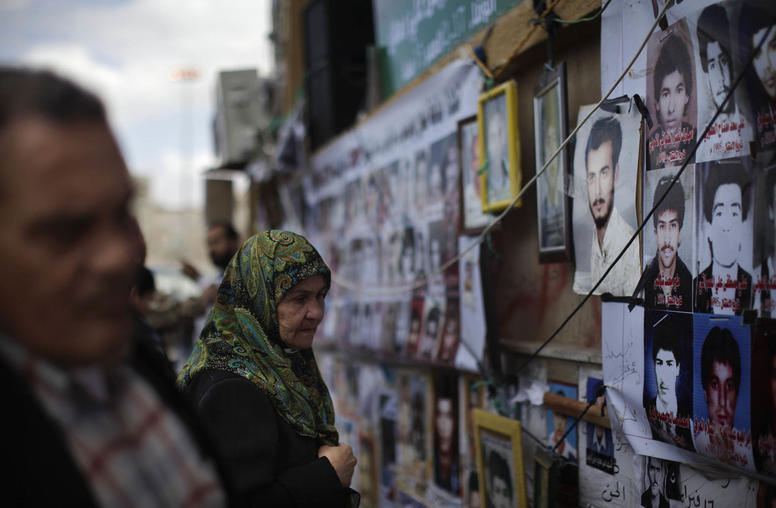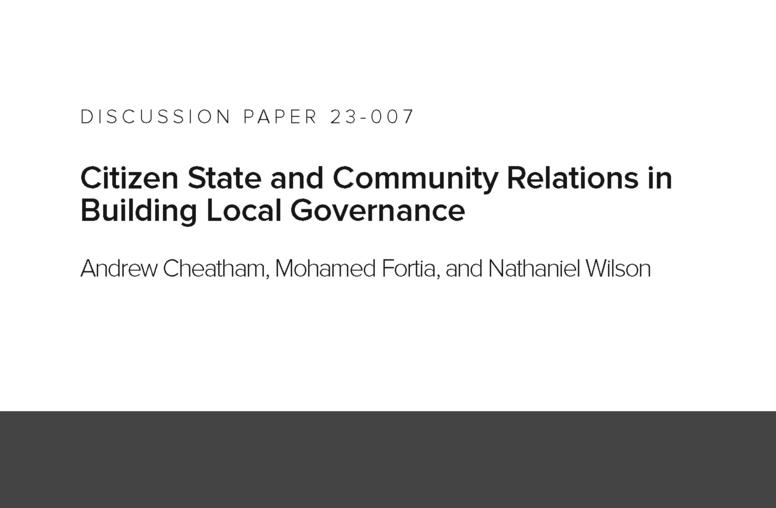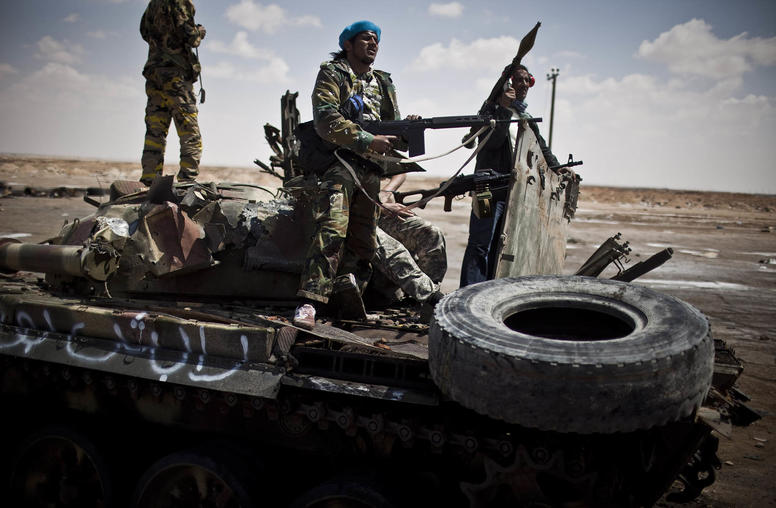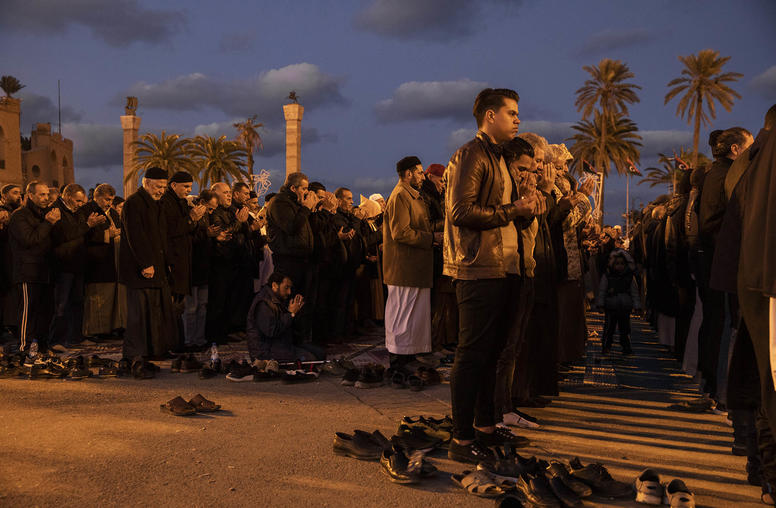Reforming the Security Sector in Tunisia and Libya
Bob Perito, director of USIP's Security Governance Center of Innovation, recently returned from Tunisia and Libya, where he met with police, military and government officials to examine the current status of the security sector in each country.
February 7, 2012
Bob Perito, director of USIP's Security Sector Governance Center of Innovation, recently returned from Tunisia and Libya, where he met with police, military and government officials to examine the current status of the security sector in each country.
Why is Security Sector Reform (SSR) important in North African countries impacted by the Arab Spring?
Security Sector Reform refers to the manner in which governments manage the transition of their defense and interior ministries and military and police. In transitions to democratic rule, SSR involves establishing civilian oversight by empowering a country’s elected leaders, parliament and ministries to manage their operational security and intelligence services. For North African countries that participated in the Arab Spring, it is essential to replace authoritarian regimes with elected governments that are capable of transforming their security sectors through a democratic process. This is a top down enterprise starting with institutional reform and ending with the training and equipping of personnel.
It is not an easy task. SSR is a political process that creates winners and losers and inevitably results in ‘pushback,’ when those accustomed to power resist change. In North Africa, we are witnessing this process in action. The progress achieved differs by country as, for example, between the neighboring states of Tunisia and Libya.
What is the central challenge to establishing SSR in Tunisia?
One year after the revolt that launched the Arab Spring, Tunisia continues to set the regional standard for progress toward democratic reform. In October, a democratic election selected a National Constituent Assembly that is drafting a constitution. The country’s small, U.S.-trained army supported the revolution and enjoys popular support. The challenge will be reforming the interior ministry and the police, which were the tools of repression for the previous regime. Efforts by the new interior minister to exert control over the police have been met with a mix of belligerence and passive resistance. The filing of criminal charges against a senior police official accused of shooting demonstrators resulted in a show of force to intimidate the court and a strike by 12,000 police who were loyal to the accused. A roundup of criminals in the capital produced complaints from the police who were uncertain of their authority and feared legal prosecution or retaliation from armed citizens. Many Tunisians want revenge for the police killings of demonstrators, but Tunisians also see the need for police and know they cannot punish the entire force. The solution appears to be a process of transitional justice and institutional reform that would remove the worst offenders and the transition of the remainder into a professional accountable police force.
Is security the immediate priority in Libya?
Across Libya, towns and cities are controlled by revolutionary armed groups that fought against Qaddafi. In Tripoli, the most important of these groups control various neighborhoods and owe little allegiance to the Transitional National Council (TNC) that is trying to run the country. On February 1, former rebels from the towns of Misrata and Zintan exchanged gunfire in downtown Tripoli, another of the sporadic flare-ups that rattle residents in the capital. On January 24, an armed group in Bani Walid, once a bastion of support for Qaddafi, forcibly expelled a Libyan army contingent sent there by the TNC to establish its control. In Beghazi, where the revolution began, committees composed of former rebels and police maintain order.
For Libya, the security challenge is to transform these disparate groups into national military and police forces responsible to the central government. This will require significant capacity building in the defense and interior ministries and the transition of rebel fighters into retrained and reequipped military and police forces. This is a long-term prospect. In the interim, the former rebels say they will not give up their arms and return home until the goals of the revolution are achieved.
Explore Further
- The Arab Awakening
As the dramatic events of the Arab Spring turn to the more mundane yet vital work of governance, constitution writing and peacebuilding, USIP is on the ground, bringing its unique brand of action and expertise to the effort. - Security Sector Governance Center
USIP's Security Sector Governance Center focuses on a critical element of sustainable peace: developing security forces and supervising institutions that are effective, legitimate, apolitical, and accountable to the citizens they are sworn to protect.



